Nigeria
Chinese TikTok user’s cares about the security
TikTok has been banned on government networks and devices in the US, Canada, and the EU due to national security concerns, but users have found ways around the block using personal mobile data or a VPN. The app's popularity has raised questions about how to protect users' data, while support for a ban on Chinese-owned social media apps has increased among the general public. Lawmakers remain skeptical of TikTok's assurances and have proposed various plans to curb the app, but a ban may not address the broader issues surrounding data protection and foreign influence. Meanwhile, younger users appear unfazed by the calls to ban TikTok, believing that no action will be taken soon.
Advertisement
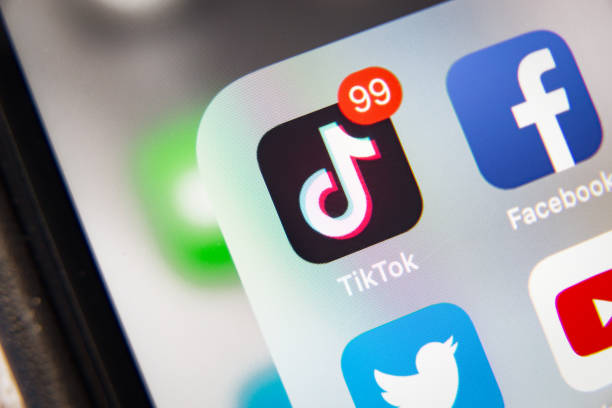
The US, Canada and the EU have banned TikTok on government networks and devices, citing national security concerns. However, users like student Liz Barr have found ways around the block using personal mobile data or a virtual private network (VPN). The social media platform, owned by Chinese tech giant ByteDance and with over one billion users globally, has faced increasing criticism over concerns that the data it collects could be used by the Chinese government to spy on Americans or influence political debates. The US and other countries face a quandary over how to address these concerns while TikTok’s popularity continues to grow.
Several states, including Maryland, have banned TikTok on government networks and devices, which has impacted access to the app in public libraries, universities, and other public spaces. While politicians in the US are debating proposals that could result in a nationwide ban, the app’s primary users, those under 25, appear to be largely unfazed. The University of Oklahoma, which blocked the app on its campus wi-fi, saw students quickly figure out workarounds, such as switching to personal mobile data plans. Student body president Christopher Firch notes that while he doesn’t want to downplay national security concerns, many people are not taking the issue seriously. TikTok’s CEO is due to appear in Congress this month, while the company remains in negotiations with the White House over security concerns.
Support for a ban on Chinese-owned social media apps in the US has increased among the general public. In December, a survey conducted by decision intelligence company Morning Consult showed that 53% of adults in the US supported a national ban on such apps. This is a significant rise from 2020 when just 29% of adults were in favour of blocking TikTok, an action that was later prevented by court rulings when former US President Donald Trump tried to implement it along with a ban on WeChat. However, according to Jordan Marlatt, a tech industry analyst at Morning Consult, younger Americans aged 18-25 are less concerned about competition with China and more likely to distrust the US government, with a more positive view of social media. The survey found that less than a third of them supported a ban on Chinese social media apps.
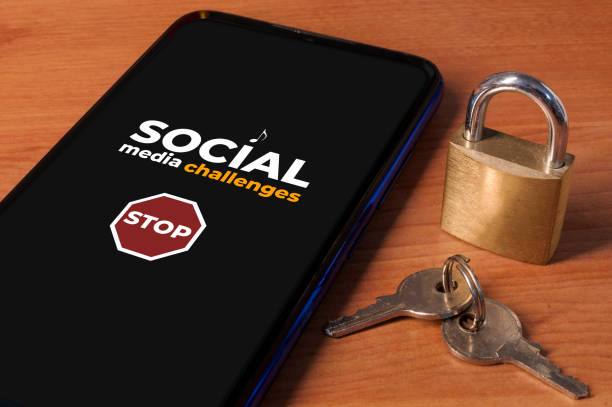
Liz, a student from Maryland, is not overly concerned about her personal information being accessed and used, as she already shares data with numerous other apps. Although she can understand why TikTok would be banned on government networks due to the sensitive nature of their work, she feels that she is not important enough to be of any interest. Iniko Thornell, a 25-year-old from New York City, has been using TikTok for two years and is unfazed by the calls to ban the app, as she does not consider anything on her TikTok to be important. Kate Nazzaro, a 21-year-old, has quit TikTok, but her reasons are unrelated to national security concerns, as she believes it to be harmful to her mental wellbeing.
Lawmakers in the US are skeptical of TikTok’s claims that it strictly limits access to American user information and wouldn’t provide data to the Chinese government. However, the company says a ban would censor the voices of millions of Americans and has failed to convince lawmakers, who have proposed various plans aimed at curbing the app. Timothy Edgar, a professor of computer science at Brown University, says a ban would do little to address concerns about data protection and vulnerability to foreign countries’ efforts to influence political debate. Additionally, Bruce Schneier, a security technologist and author, says a ban is unworkable without major changes to the internet, which was designed to be open and built on spying as a business model.At present, the lack of concern from Generation Z about a possible ban on TikTok appears to be partly due to the belief that no action will be taken in the near future. Despite some TikTok personalities urging their fans to follow them on alternate platforms, the concerns surrounding a ban seem less significant than in 2020, when former President Donald Trump sought to ban the app. According to TikTok personality Colin Rea, more discussion about a ban would likely occur if it were not a recurring topic.
Trending Topics
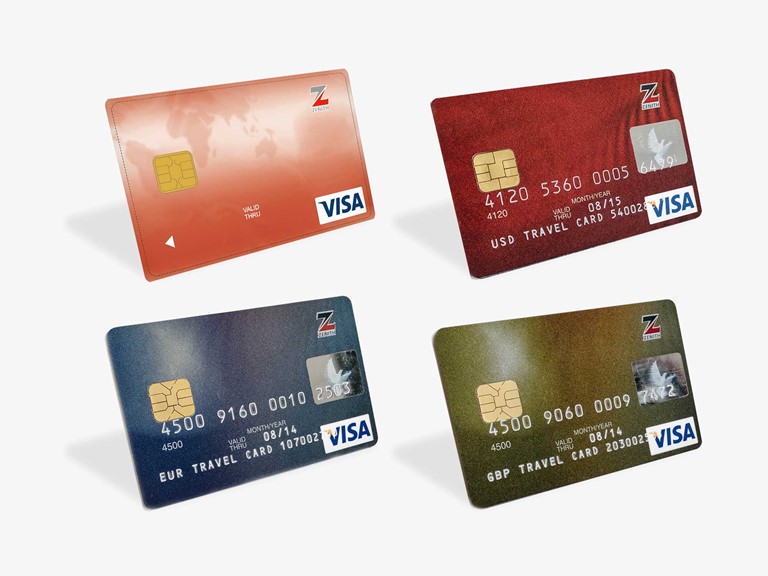
Zenith Prepaid Credit Cards: learn more
Experience a world of endless possibilities with Zenith Prepaid Credit Cards. Easy top-ups and cash withdrawals.
Keep Reading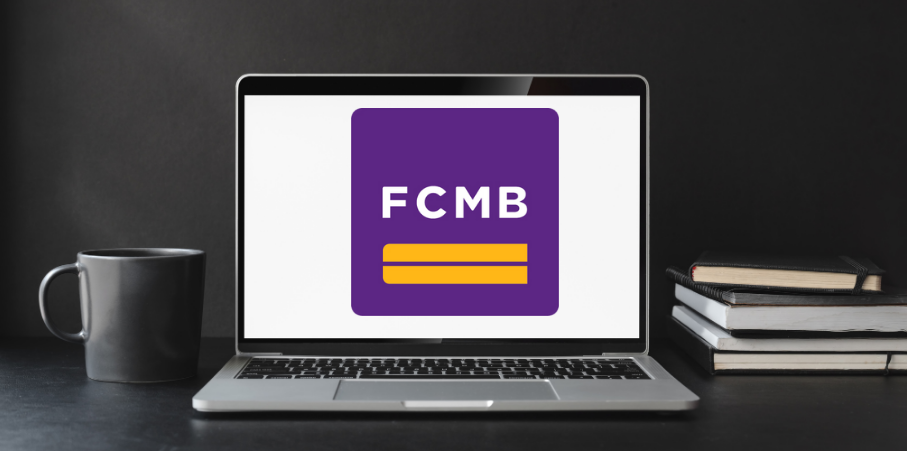
First City Monument Bank: Apply now!
FCMB has a strong reputation for providing high-quality banking services and customer support. See more now!
Keep Reading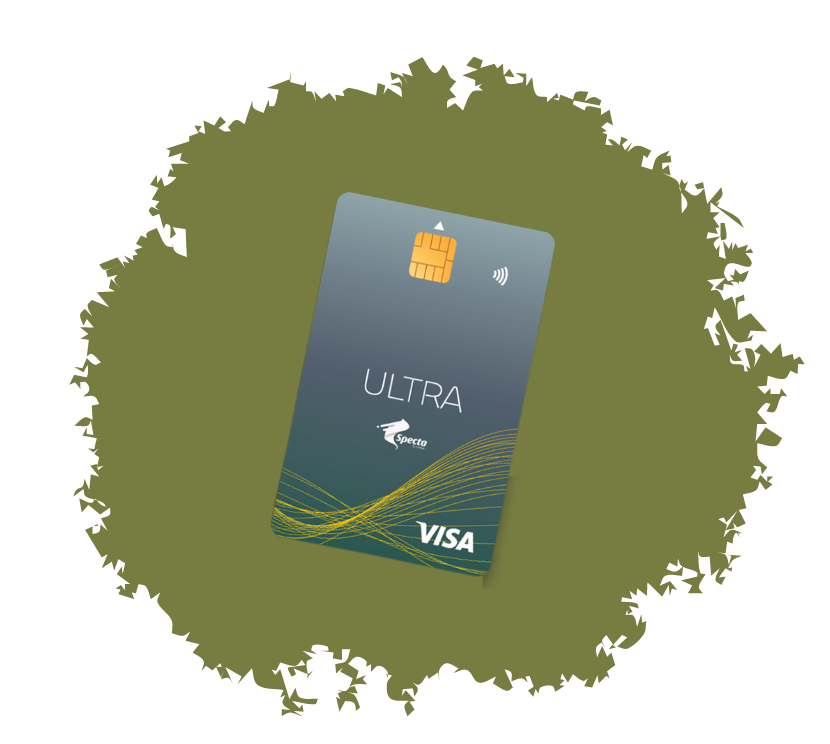
Sterling Ultra Platinum Card: Apply now!
Learn everything you need to know so that you can apply for your Ultra Platinum Credit Card quickly and conveniently.
Keep ReadingYou may also like

Central Bank of Nigeria: Learn More
The bank regulates and supervises the activities of commercial banks and other financial institutions in the country.
Keep Reading
Wema Bank: Apply now!
Achieve your financial dreams with Wema Bank. With competitive interest rates, innovative banking services, see now.
Keep Reading